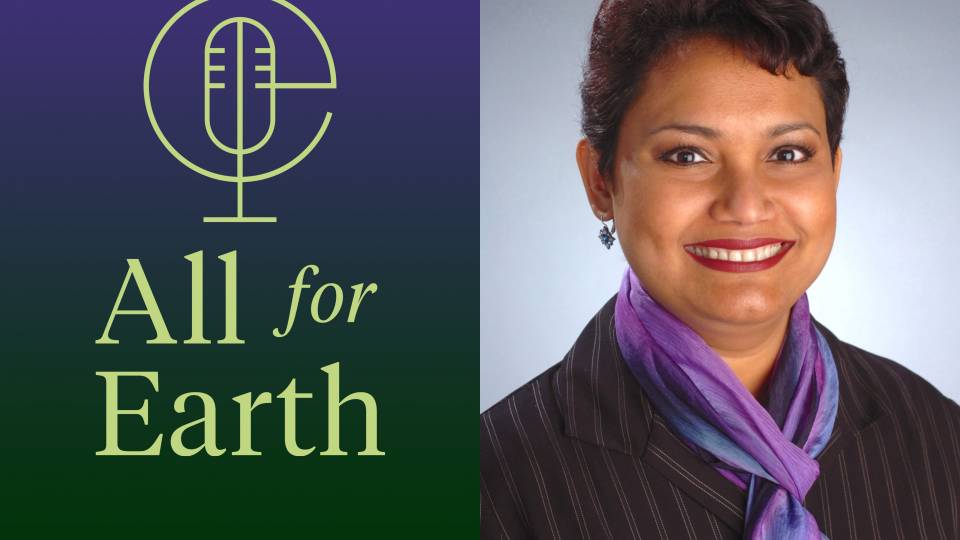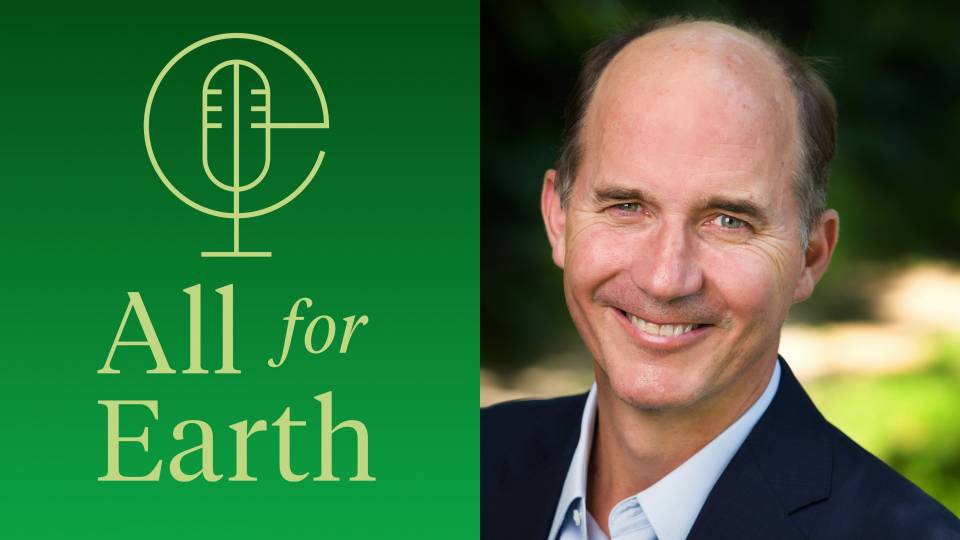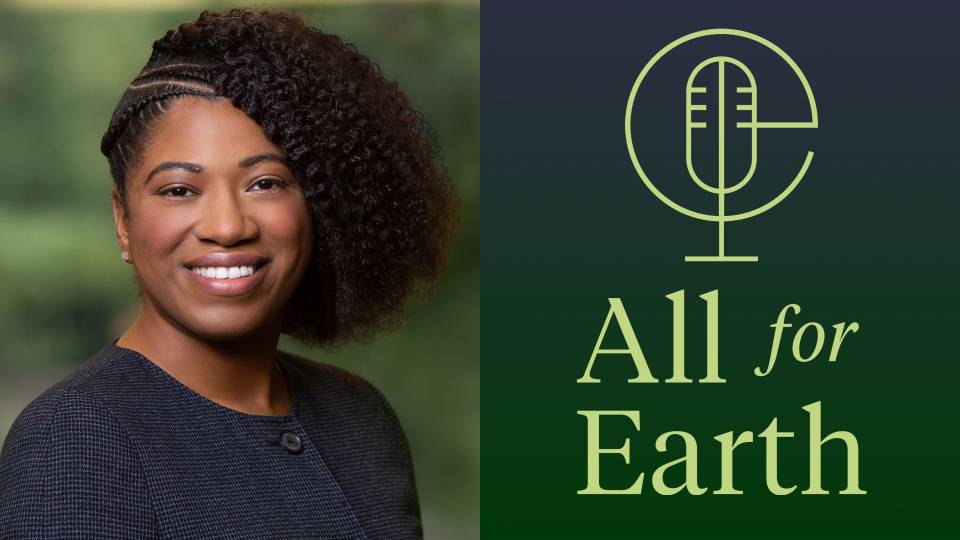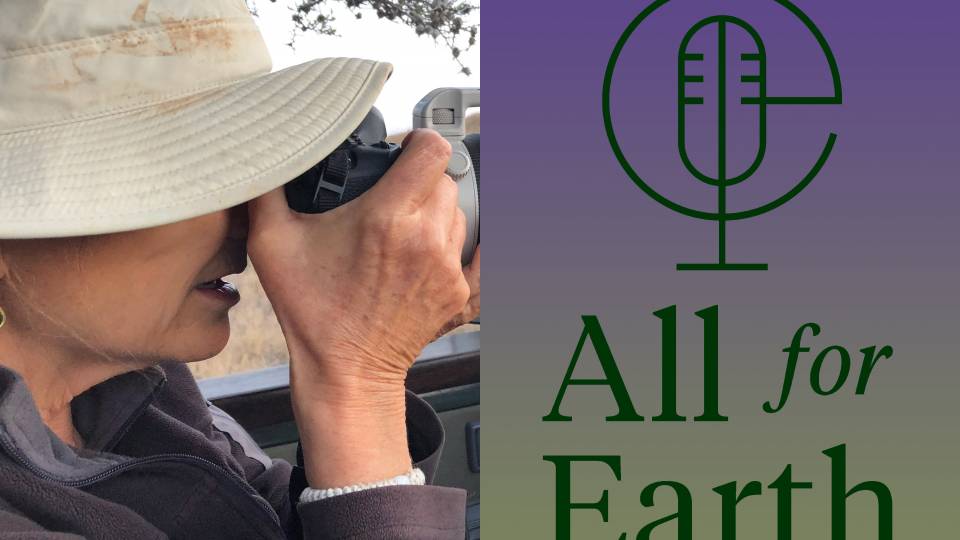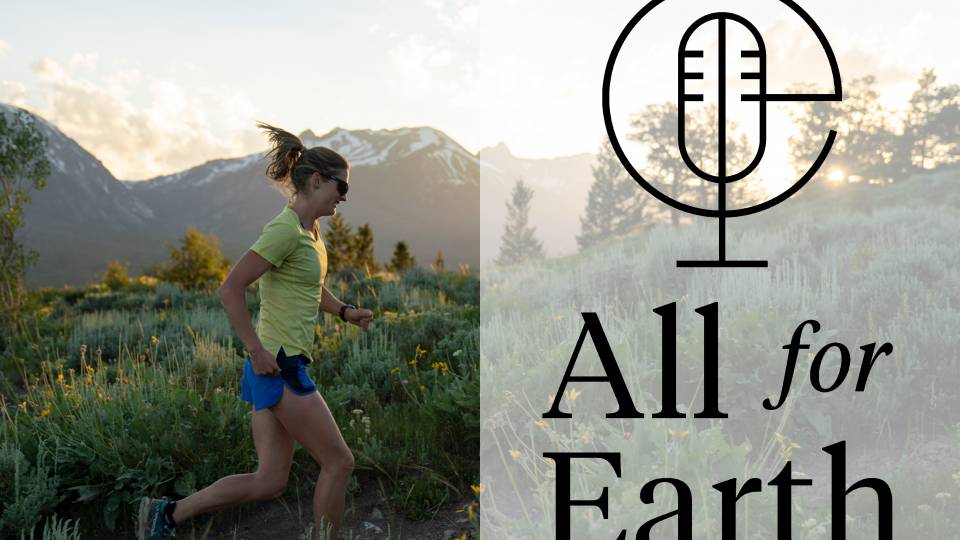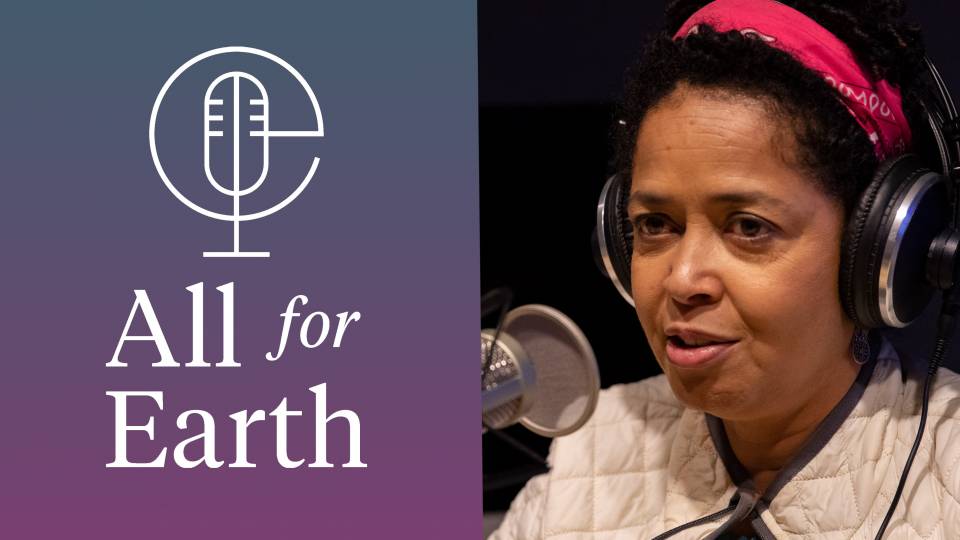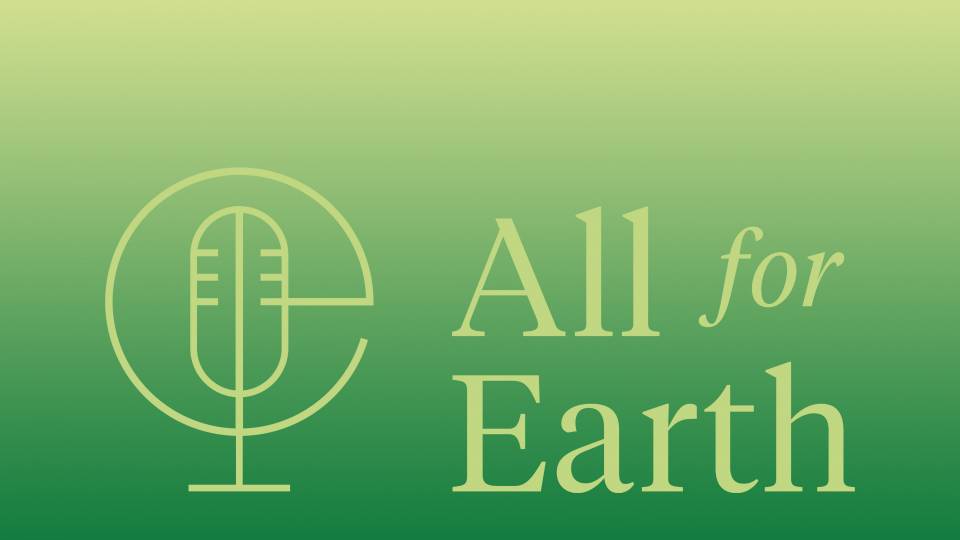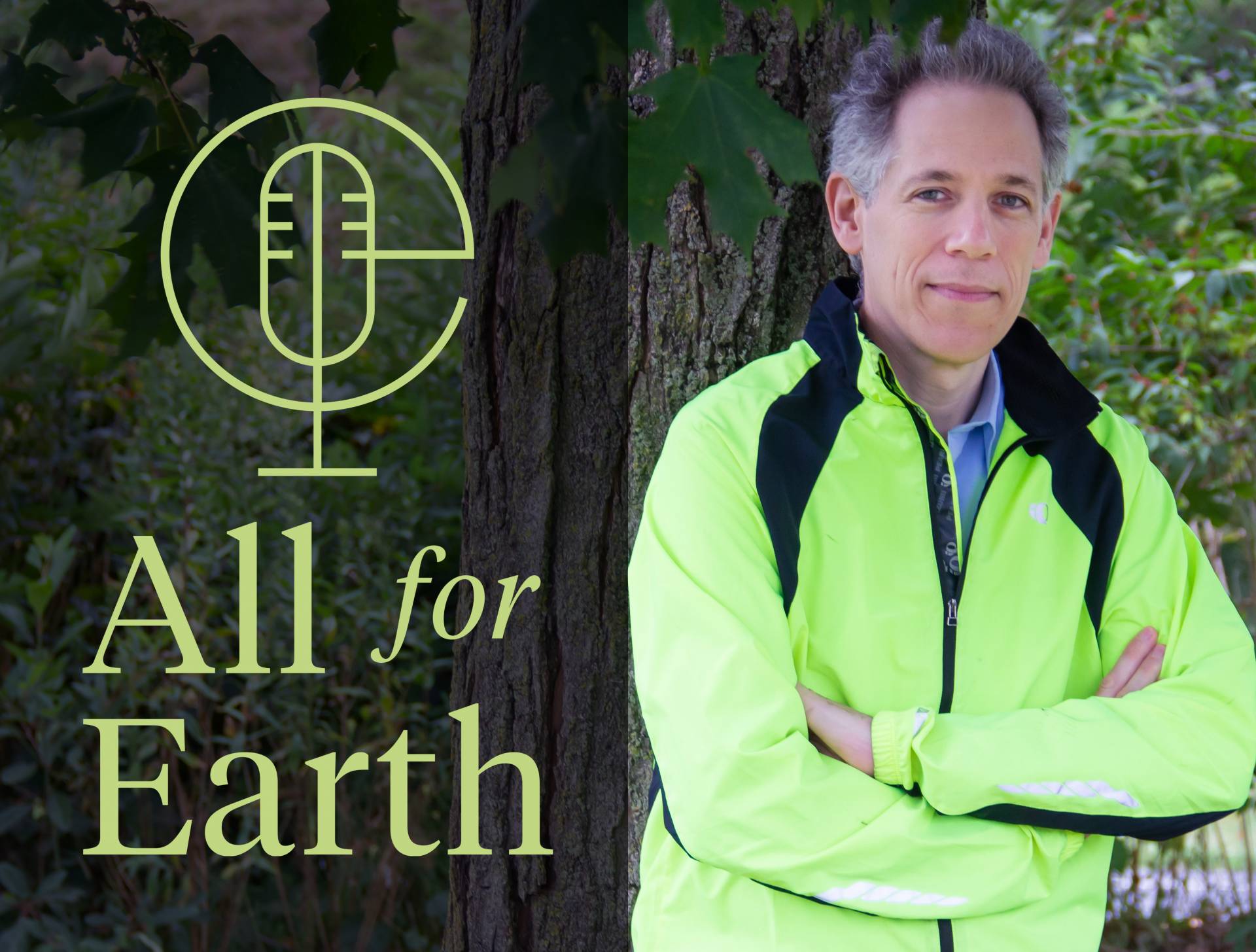
Ben Strauss
Many Americans do not interact with scientists on a daily basis — with the notable exception of the local TV meteorologist. These (usually) trained scientists are trusted personalities who reach millions of American homes every day. And they are the frontline in the battle of making the threat of climate change real, Ben Strauss, president and CEO of Climate Central, explains on the newest episode of the “All for Earth” podcast.
Strauss and Climate Central work with about 800 local TV meteorologists — a third of the nation’s total — to provide the science, messages and visual graphics they need to help audiences connect the dots between local experiences and long-term climate change. Those dots include climate-related phenomena such as raised pollen counts and longer mosquito seasons, to warmer winters and wetter downpours.
“We send them, every week, graphics they can use on their broadcasts, and we give them guidance on the climate science behind them. We feel that telling a local story is a critical part of being an effective climate communicator,” Strauss said.
Strauss, who earned his doctorate in ecology and evolutionary biology from Princeton in 2007, will speak at the Princeton Environmental Forum Oct. 25 as part of a panel discussion about climate change and extreme weather.
“When you make the issue local and explain its practical ramifications and deliver it via a trusted messenger, then you have a formula for reaching people who are very hard to reach otherwise,” Strauss said.
Sea-level rise is a particular focus for Strauss and Climate Central. Its link to climate change is straightforward — polar ice melts into the oceans as global temperatures rise — and high-water marks are starkly visible. “Sea-level rise is in my view the most localizable of all climate impacts because I can literally say something different about the risk faced by two different houses on the same block,” Strauss said. “The safety, longevity and value of your home, or your business, depends on getting this right, so you have to put down your political stuff and get into the practical.”
Climate Central also advances the relatively new techniques for attributing extreme weather to climate change as a key tool in shifting public opinion. Scientists can now ascribe a probability that an extreme event — a storm, flood, heat wave or drought — was caused or worsened by climate change.
Strauss anticipates scientists will soon be able to identify similar correlations in everyday weather to help people understand that climate change is affecting their lives in immediate and concrete ways. That, he said, is the priority and relevance people must have for us to mount a sustained, publicly supported effort to reduce the threat of climate change.
“By communicating that message again and again and again through different messengers and pathways,” Strauss said, “we think we can help to raise the priority, raise the urgency with people, make this a kitchen-table issue that people understand affects them in important ways, just like jobs and education and health care.”
Hosted by Catherine Riihimaki, associate director for science education in Princeton’s Council on Science and Technology, “All for Earth” delves into the urgency of today’s environmental crises, as well as the effectiveness of the tools we already have to mitigate them. The podcast previews topics and speakers featured in the upcoming Princeton Environmental Forum through in-depth interviews with people leading the race against environmental disaster. The conference and the podcast coincide with the 25th anniversary of the Princeton Environmental Institute (PEI), the University’s interdisciplinary center for environmental research, education and outreach.
“All for Earth” is a co-production of PEI and the Princeton Office of Communications in collaboration with the Council on Science and Technology. Episodes are available for free on the podcast’s homepage, or through iTunes, Spotify, Soundcloud and Google Play.
